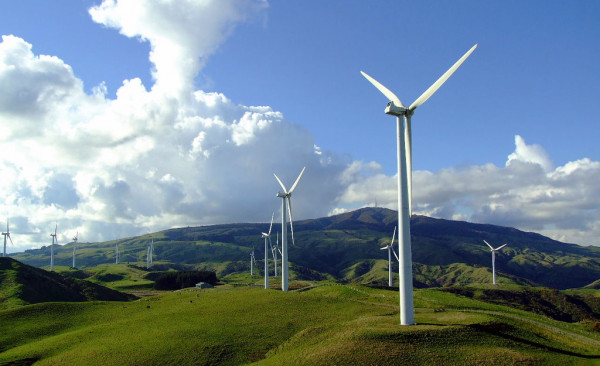Start your adaptation planning with Standards
With a shifting climate and legislative reforms, it’s time to consider adaptation planning and how you can keep your business sustainable, responsive and responsible.

Credit: Jondaar_1
In February 2021 the Government announced plans to repeal the 30-year-old Resource Management Act 1991, replacing it with:
- Natural and Built Environments Act (NBA) – to provide for land use and environmental regulation.
- Strategic Planning Act (SPA) – to integrate with other legislation relevant to development, and require long-term regional spatial strategies.
- Climate Change Adaptation Act (CCA) – to address complex issues associated with managed retreat and funding and financing adaptation.
The planned reform provides more explicit policy framework for environmental performance and meeting community needs.
While climate change doesn’t follow national borders, its impacts will be uniquely felt across New Zealand’s community, businesses, biodiversity and environment. Understanding the diverse, distinct and significant effects of climate change will be informed by both domestic and international government and private research.
All sectors and associated businesses, from primary industries and tourism to construction and local government, need to consider what climate change affects to anticipate and the subsequent impacts on supply chains, costs, community needs and consumer preferences. It’s time to understand how best to plan and implement adaptation measures, both for now and future.
Standards can provide consistent solutions to support adaptation planning.
While the way we adapt and plan may be unique for national and international results that are tangible, all plans need to have a foundation that is standardised. Tools to assist the public and private sector, as well as communities and industries, are already about, but to ensure consistency a great place to start your adaptation planning is with standards: ISO 14091:2021 Adaptation to climate change – Guidelines on vulnerability, impacts and risk assessment. Get ahead of the challenge with the globally recognised standard that sits under the umbrella of ISO 14090:2019 Adaptation to climate change – Principles, requirements and guidelines.
Have confidence that international standards are solutions, guides and specifications that are consensus built with global experts. New Zealand is a participatory member of the SC7, an international committee of ISO members that contributed towards the development of the standards.
There is a range of international and New Zealand standards that can assist with your adaptation planning, environmental management and reporting:
- ISO 14091:2021 Adaptation to climate change – Guidelines on vulnerability, impacts and risk assessment
- ISO/TS 14092:2020 Adaptation to climate change – Requirements and guidance on adaptation planning for local governments and communities
- ISO 14080:2018 Greenhouse gas management and related activities – Framework and principles for methodologies on climate actions
- AS/NZS 5911:2013 – General guidelines on the verification, validation and assurance of environmental and sustainability reports
